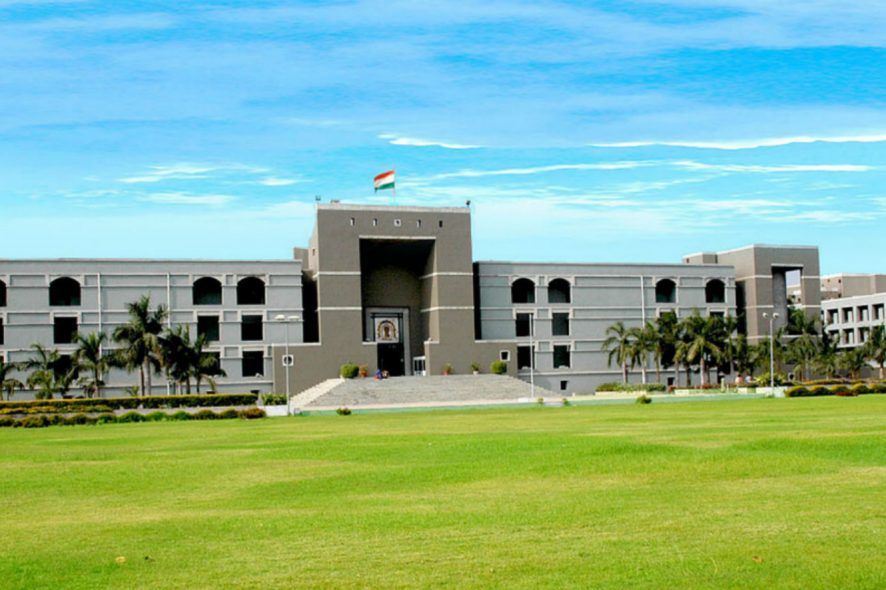Gujarat High Court: S.H. Vohra, J., allowed a petition which was filed aggrieved against the order of detention passed by the respondent – detaining authority in exercise of powers conferred under Section 3(2) of the Gujarat Prevention of Anti Social Activities Act, 1985 detaining the petitioner – detenue as defined under Section 2(b) of the Act.
The counsel for the detenue, Jayshree C Bhatt, submitted that the order of detention impugned in this petition deserves to be quashed and set aside on the ground of registration of offences under Sections 65(e), 81, etc. of the Prohibition Act by itself cannot bring the case of the detenue within the purview of the definition under Section 2(b) of the Act. It was further submitted that illegal activity likely to be carried out or alleged to have been carried out, as alleged, cannot have any nexus or bearing with the maintenance of public order and at the most, it can be said to be breach of law and order and that it is not possible to hold on the basis of the facts of the present case that activity of the detenue with respect to the criminal cases had affected even tempo of the society causing threat to the very existence of normal and routine life of people at large.
The Court while allowing the appeal held that considering the facts and circumstances of the case, it appeared that the subjective satisfaction arrived at by the detaining authority cannot be said to be legal, valid and in accordance with law, and the allegations as have been leveled against the detenue cannot be said to be germane for the purpose of bringing the detenue within the meaning of Section 2(b) of the Act. The Court referred to the Supreme Court judgment of Pushker Mukherjee v. State of West Bengal, (1969) 1 SCC 10 where the distinction between ‘law and order’ and ‘public order’ had been clearly laid down. The Court had observed as follows:
“Does the expression “public order” take in every kind of infraction of order or only some categories thereof? It is manifest that every act of assault or injury to specific persons does not lead to public disorder. When two people quarrel and fight and assault each other inside a house or in a street, it may be said that there is disorder but not public disorder. Such cases are dealt with under the powers vested in the executive authorities under the provisions of ordinary criminal law but the culprits cannot be detained on the ground that they were disturbing public order. The contravention of any law always affects order but before it can be said to affect public order, it must affect the community or the public at large. In this connection we must draw a line of demarcation between serious and aggravated forms of disorder which directly affect the community or injure the public interest and the relatively minor breaches of peace of a purely local significance which primarily injure specific individuals and only in a secondary sense public interest. A mere disturbance of law and order leading to disorder is thus not necessarily sufficient for action under the Preventive Detention Act but a disturbance which will affect public order comes within the scope of the Act.”
The Court explained that unless and until, the material is there to make out a case that the person has become a threat and menace to the Society so as to disturb the whole tempo of the society and that all social apparatus is in peril of disturbing public order at the instance of such person, it cannot be said that the detenue is a person within the meaning of Section 2(b) of the Act and in the present case except general statements, there was no material on record which showed that the detenue was acting in such a manner, which was dangerous to the public order.[Lalman v. State of Gujarat, R/Special Civil Application No. 10137 of 2019, decided on 09-10-2019]
Suchita Shukla, Editorial Assistant has put this story together






